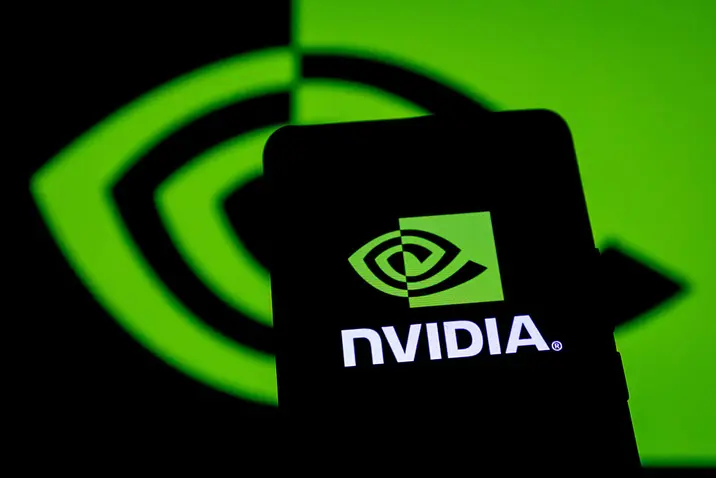T4K3.news
China scrutinizes Nvidia H20 chips
Beijing signaling security concerns as regulators question backdoors in Nvidia H20 chips
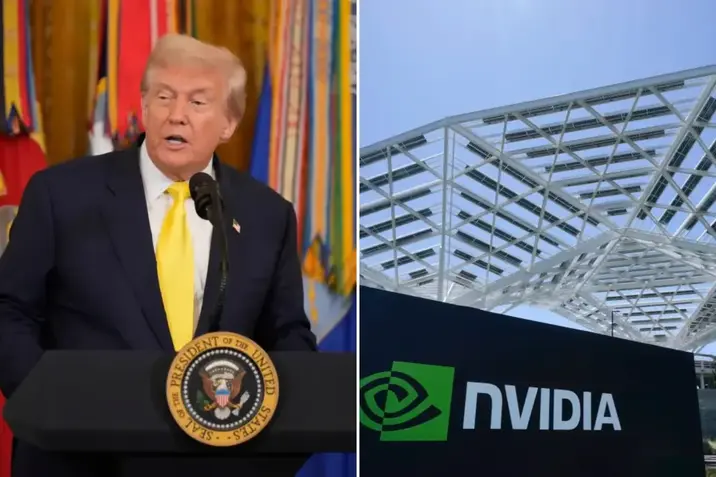
Beijing raises questions about potential backdoors in Nvidia H20 chips and the security measures behind them.
China flags security risks around Nvidia H20 chips
China-based state media linked Nvidia H20 AI chips to security risks, citing concerns about potential backdoors. The claim appeared on a WeChat account run by Yuyuan Tantian, a channel affiliated with CCTV, after Beijing raised questions about backdoor access. The article describes the H20 chips as not environmentally friendly, not technologically advanced, and not safe for consumers. Nvidia has not responded to comment requests.
China's cyberspace regulator summoned Nvidia to explain whether the chips contain any backdoors, a claim Nvidia rejected. The chips were designed for the Chinese market after the United States tightened export controls on advanced AI hardware in 2023. The episode comes as People's Daily urged stronger security proofs to reassure Chinese users and restore market trust.
Key Takeaways
"When a type of chip is neither environmentally friendly, nor advanced, nor safe, as consumers, we certainly have the option not to buy it."
Yuyuan Tantian quote cited in state media article on WeChat
"Nvidia later said its products had no backdoors that would allow remote access or control."
Nvidia's denial recorded in the coverage
"Nvidia must produce convincing security proofs to eliminate Chinese users' worries over security risks in its chips and regain market trust."
People’s Daily call for security proofs to reassure users
"Nvidia has denied its products had backdoors that would allow remote access or control."
Nvidia response to the backdoor concerns
The case shows how technology and geopolitics blend in the AI era. State media can shape public perception and apply pressure on companies even when official denials are in place. It also highlights how regulatory scrutiny can rise quickly when national security is cited in tech supply chains.
For Nvidia the test is not only about a single chip but about trust in a growing market where verifiable security proofs may matter as much as speed or efficiency. The risk is that political attention could constrain access to the Chinese market or trigger new security requirements that complicate international sales.
Highlights
- Trust is earned with verifiable security proofs
- Backdoors are a political liability as well as a tech risk
- States watch every chip claim with a careful eye
- Security proof trumps hype in the China market
China security scrutiny and market pressure
The story involves political messaging from state media, regulatory scrutiny, and potential market impact for Nvidia in China. This raises political and investor risk and could influence future sales or partnerships.
The outcome will shape how hardware firms navigate security narratives in tied markets.
Enjoyed this? Let your friends know!
Related News
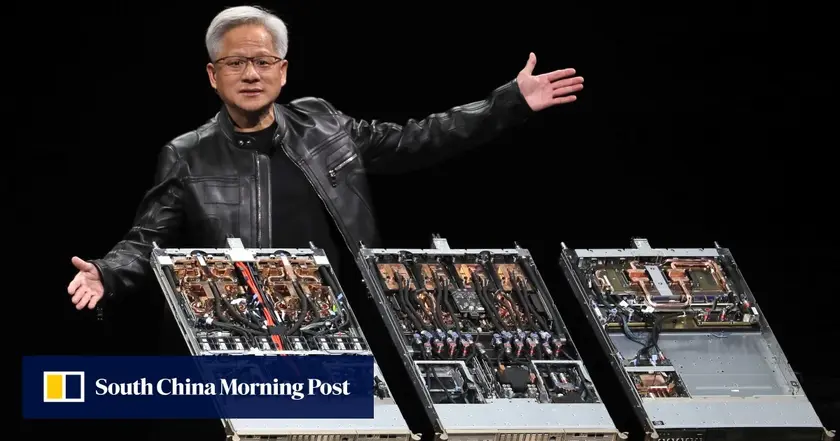
China summons Nvidia over H20 chip security concerns
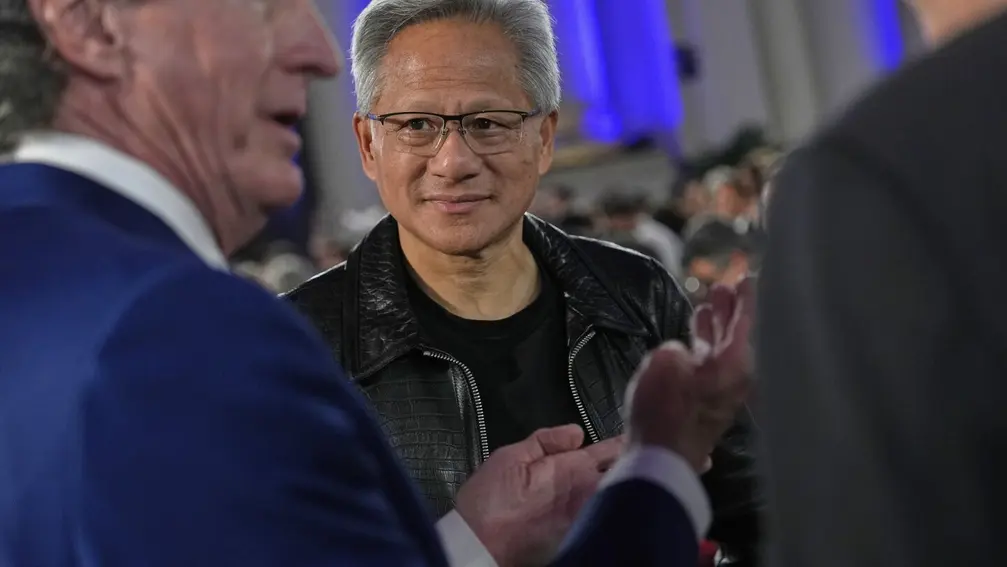
China questions Nvidia over H20 chip security risks
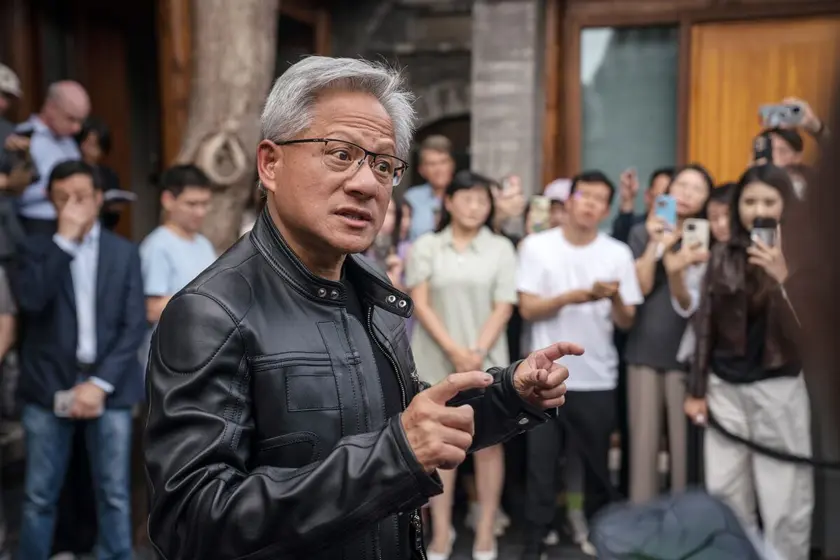
US House Panel Critiques Trump for Easing Nvidia Chip Sales to China
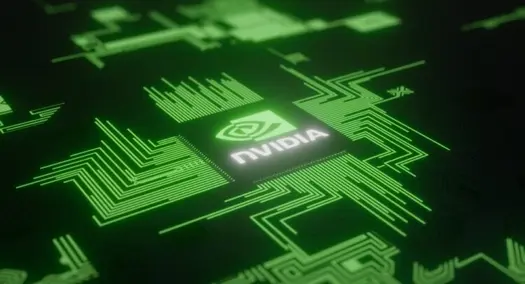
Nvidia wins licenses to export H20 chips to China
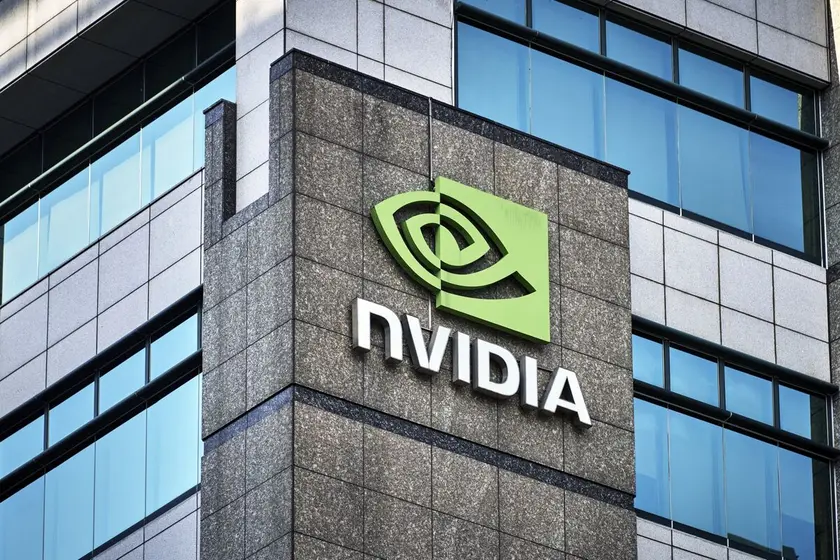
China summons Nvidia to address security risks
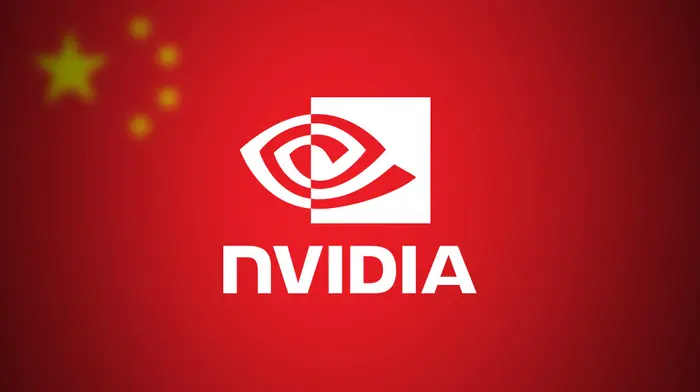
China questions Nvidia H20 chip purchases
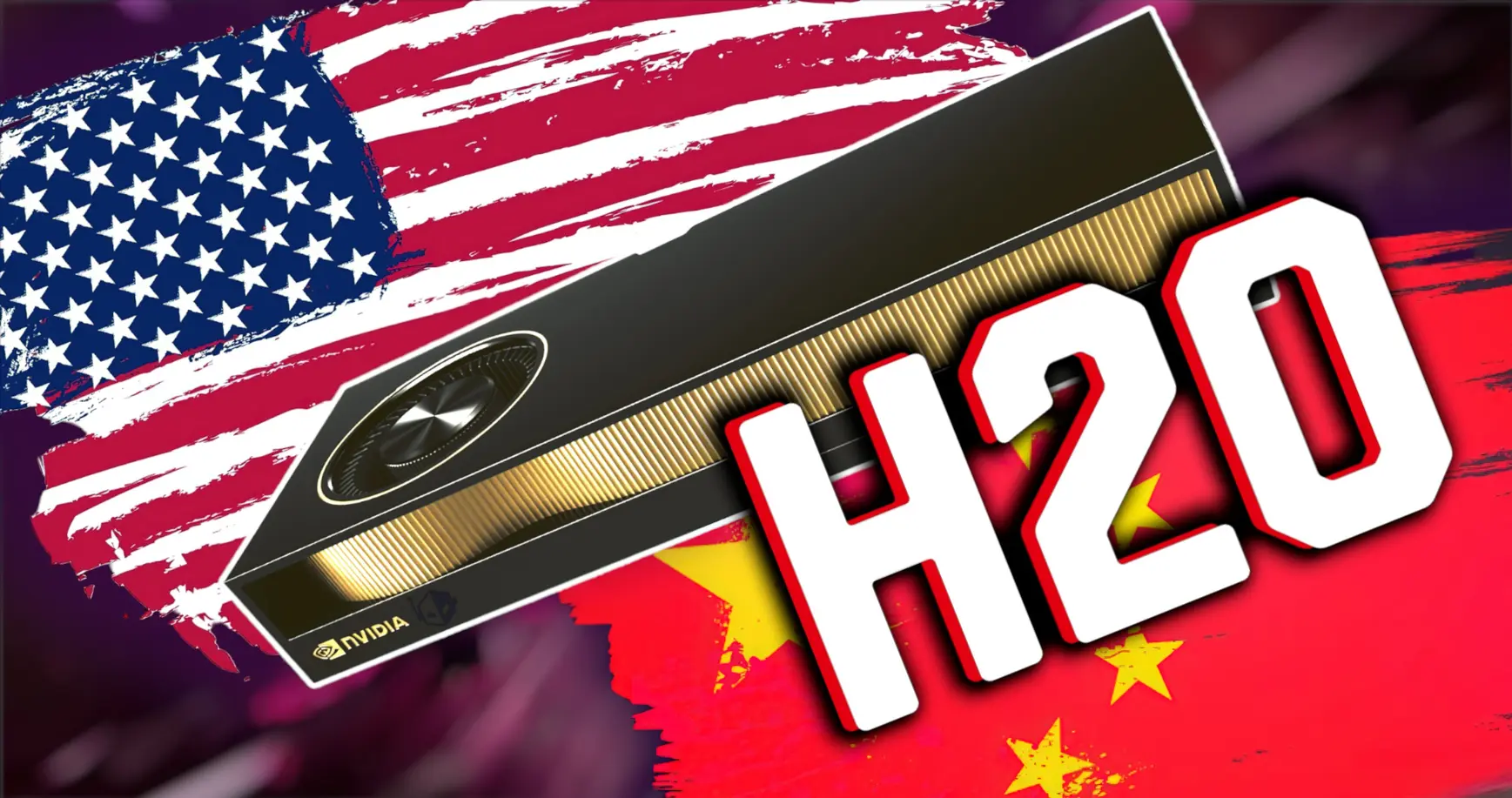
Nvidia export licenses to China move forward
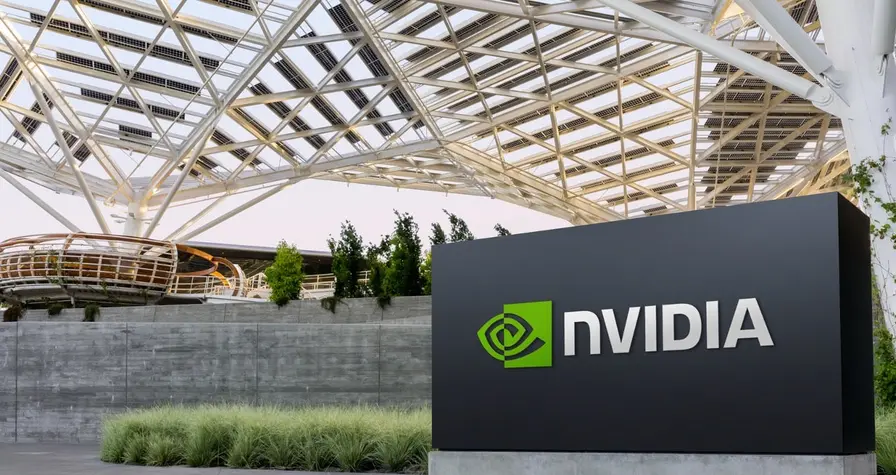
NVIDIA Resumes AI Chip Sales to China After US Policy Shift
